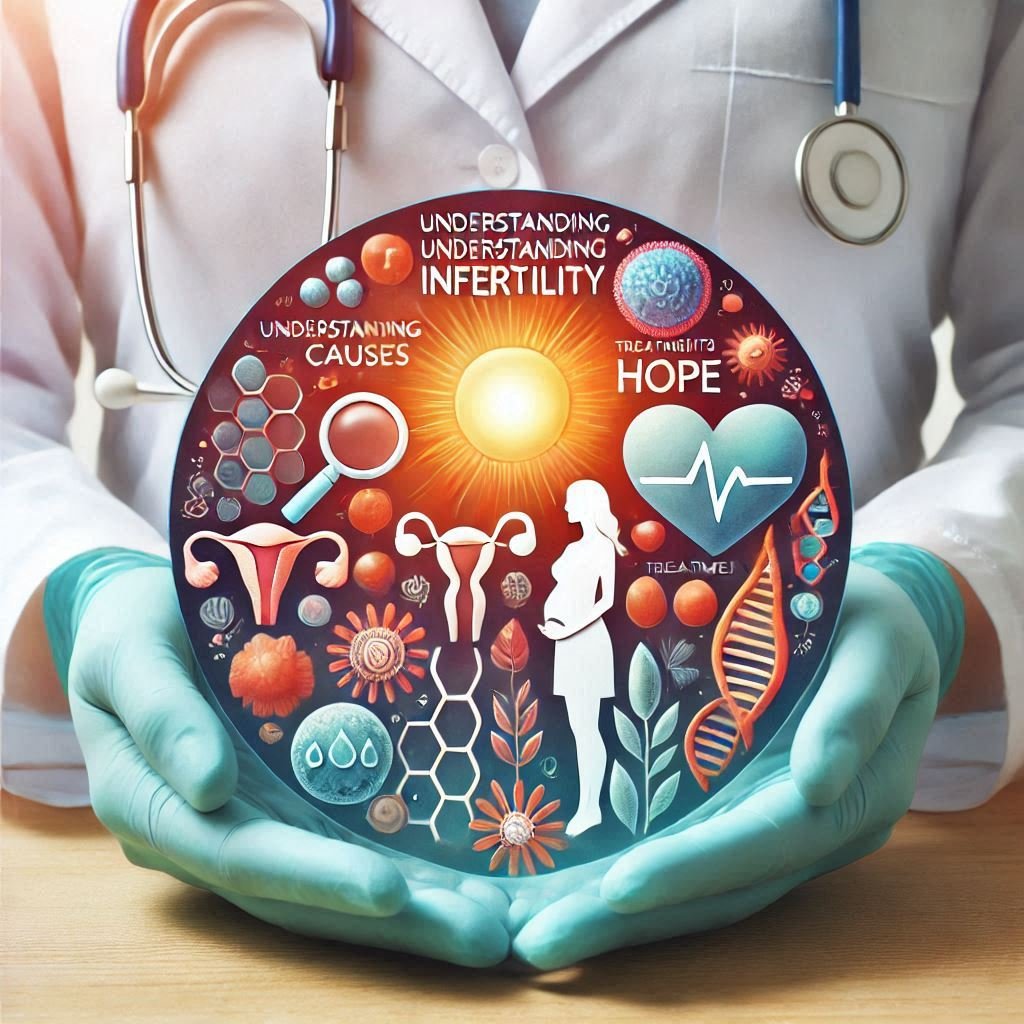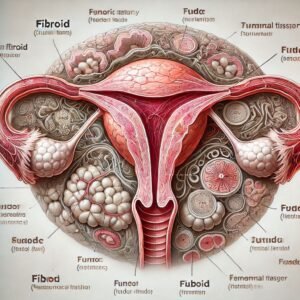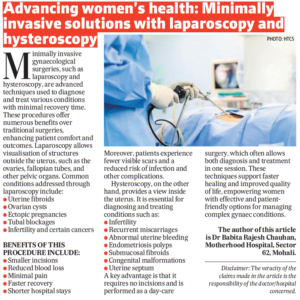
Understanding Infertility: Causes, Treatments, and Hope

Infertility is a deeply personal and often challenging journey that affects millions of individuals and couples worldwide. Defined as the inability to conceive after 12 months of regular, unprotected intercourse, infertility can be both emotionally and physically taxing. However, with advancements in medical science and a growing understanding of the condition, there is more hope than ever for those facing fertility struggles.
What Is Infertility?
Infertility isn’t always a permanent condition. It’s a complex issue that can stem from various factors affecting either or both partners. While some causes of infertility are easily treatable, others may require more advanced medical interventions.
Common Causes of Infertility
In Women
1. Ovulation Disorders
• Conditions like polycystic ovary syndrome (PCOS), thyroid imbalances, or hormonal issues can prevent ovulation.
2.Age
• Fertility declines with age, especially after 35, as egg quantity and quality diminish.
3.Tubal Blockages
• Blocked fallopian tubes due to infections, endometriosis, or past surgeries can prevent egg and sperm from meeting.
4.Endometriosis
• This condition occurs when tissue similar to the uterine lining grows outside the uterus, impacting fertility.
5.Uterine or Cervical Issues
• Fibroids, polyps, or abnormalities in the shape of the uterus can interfere with implantation or pregnancy.
In Men
1.Low Sperm Count
• A reduced number of sperm can make it harder to achieve conception.
2.Poor Sperm Motility
• Sperm that can’t move effectively may struggle to reach the egg.
3.Structural Issues
• Blockages or abnormalities in the reproductive tract can impede sperm delivery.
4.Lifestyle Factors
• Smoking, excessive alcohol consumption, obesity, and exposure to toxins can impact sperm quality.
5.Hormonal Imbalances
• Disorders affecting testosterone or other hormones can reduce sperm production.
Diagnosing Infertility
If conception hasn’t occurred after a year of trying (or six months for women over 35), it’s time to consult a doctor. Diagnostic tests for infertility may include:
• Blood tests to check hormone levels.
• Ultrasounds to examine reproductive organs.
• Semen analysis to assess sperm count and quality.
• Specialized procedures like hysterosalpingography to check for blockages in the fallopian tubes.
Treatment Options for Infertility





